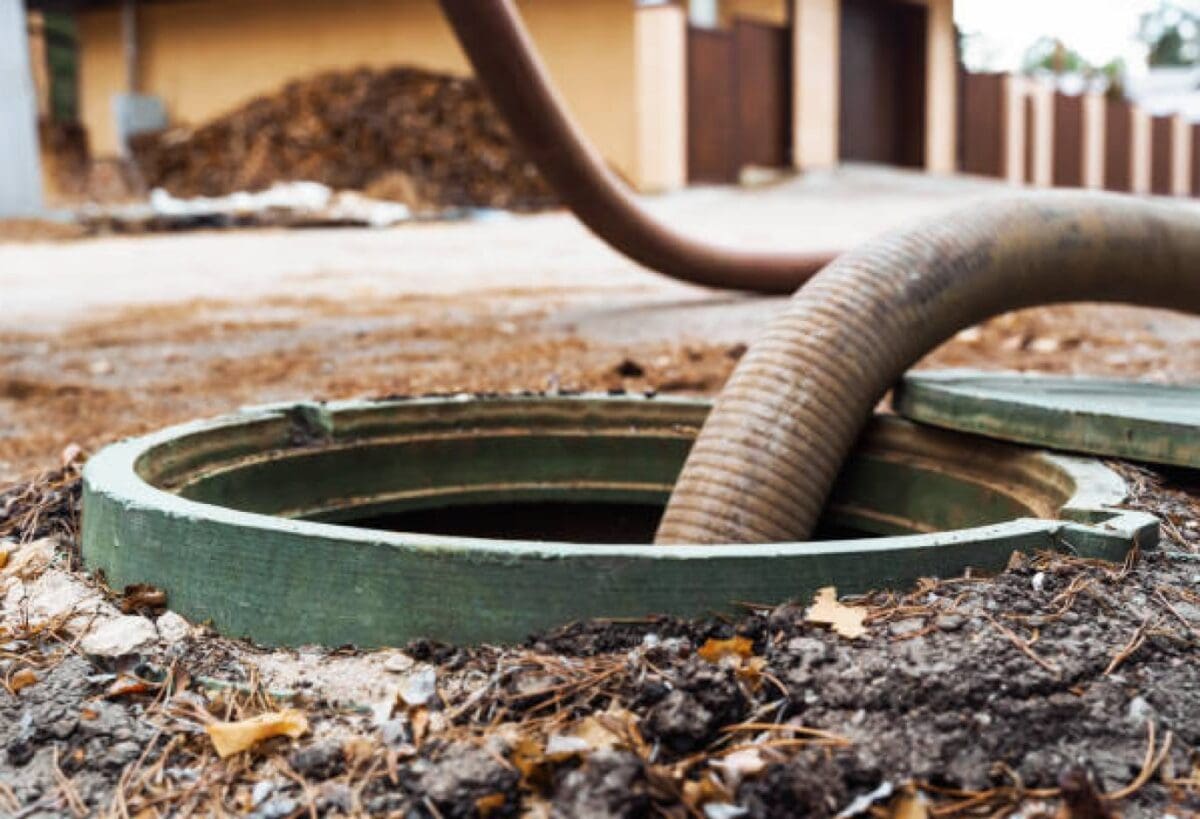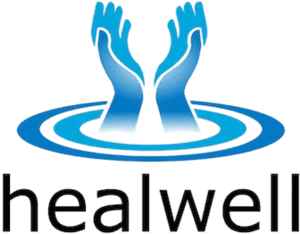Resources
Recent posts
- All
- ARTICLES
- COMMUNITY
- EDUCATION
Keeping Your Septic Tank Clean: What to Do After You are the Plains VA Septic Tank Is Pumped
Just had septic tank pumping in Plains VA? Here’s what to do next. Septic tanks are an…
Centreville Immigration
Centreville Immigration Forum (CIF) began as a series of open community dialogues to discuss the effects of…
Hamkae Center
Hamkae Center organizes Asian Americans to achieve social, economic, and racial justice in Virginia. Vision We develop…
Shepherd’s Center of Northern Virginia
Since 1998, the Shepherd’s Center of Northern Virginia (SCNOVA), a 501(c)(3) non-profit organization, has been dedicated to…
Nueva Vida
It was 1994, “I remember it was a frigid month” …and one of my colleagues “rushed to…
Family Pass
Family PASS helps workwork families who are at risk of homelessness in Fairfax County. We provide…
Senior Services of Alexandria
Senior Services of Alexandria (SSA) is a non-profit organization that has as its mission, “to foster independence…
La Cocina VA
Our Mission is to use the power of food to create social and economic change in low-income…
FAQs and Tips
Understanding how your septic system works and maintaining it will save you time and money, and most importantly, help protect the environment. Feel free to ask our professional technicians questions what we do and why.
How does a conventional septic system work?
Conventional septic systems are the most common type of septic system. The others are innovative/alternative I/A systems and cesspools. A conventional system includes a septic tank, distribution box, and drain field.
How do I know if my system is having problems?
- Muddy Soil or Pools of Wastewater around Your Septic Tank or Soil Absorption System
- Sewage Smells around Your System or Inside Your House
- Backups When You Do Laundry, Take Showers, or Flush the Toilet
Will additives help my system?
There isn’t one on the market that can make a failing system pass inspection. We do not evaluate the accuracy of claims manufacturers make about the effects their products will have on system performance.
How often should I pump?
The Chesapeake Bay Act requires septic tanks to be cleaned every 3–5 years. Pumping your system regularly will prolong the life of your septic tank.
Why are failing septic systems harmful?
Failing systems leak excessive nutrients and bacteria into natural waterways, destroying plant and animal habitats and can transfer diseases, such as dysentery, hepatitis, and typhoid fever to animals and humans.
Do I really save money by maintaining my system?
Costs range from $355 - $415 for pumping, inspections start at $750. New systems could cost $50,000 or more.
Do’s & Don’ts
DO have the system inspected and pumped every 3–5 years. If the tank fills up with an excess of solids, the wastewater will not have enough time to settle in the tank. These excess solids will then pass on to the drain field, where they will clog the drain lines and soil.
DON’T use your toilet or sink as a trash can by dumping non-biodegradables, such as cigarette butts, diapers, feminine products, or grease down your sink or toilet. Non-biodegradables can clog the pipes, while grease can thicken and clog pipes. Store cooking oils, fats, and grease in a can for disposal in the garbage, or better yet, bring it to a recycling facility.










